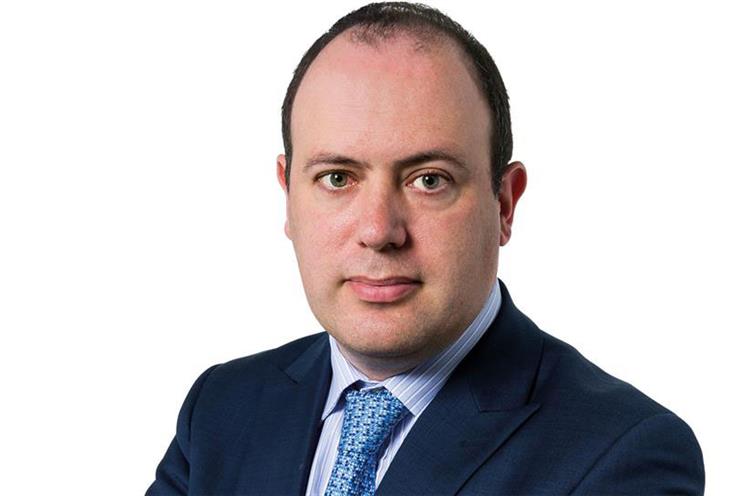Something doesn’t add up in the media agency world.
There are many, many decent people working hard in agencies to deliver the best possible outcome for their clients. These agencies take pride in what they do, and part of ±±¾©Èü³µpk10’s role is to celebrate that work.
But we must also listen to the concerns of people working in the industry, and a lot of them are worried.
Most will only talk privately but there is a common theme. They say the media agency model has become flawed, if not broken.
As clients have squeezed fees, many agencies have resorted to increasingly non-transparent ways to make money: rebates, arbritrage and mark-ups, volume and share deals, technology services, barter and so on.
Media planning was never entirely channel-neutral (how else could an agency get the best prices from media owners?) but critics say it has become warped as agencies put their own income generation before clients’ interests.
Agencies – or, more accurately, the "big six" holding companies that own them – strongly reject this narrative.
When Jon Mandel, a former boss of MediaCom in the US, lifted the lid on rebates last year, he was rubbished by agencies because he had stepped down a decade earlier. They were similarly dismissive about the Association of National Advertisers’ scathing report this year because it tarred them all with the same brush.
So when Scott Moorhead, a former agency head of digital trading who left the industry in October, agreed to write for ±±¾©Èü³µpk10, we felt we should give him a platform.
He laments how media agencies have become "compromised", rebates are "the tip of the iceberg" and planners are "told where to put the money, even before they receive the brief". Trust has plummeted and there is not one UK agency chief who does not desire change, he claims.
Some will accuse Moorhead of sour grapes and self-interest after he set up a consultancy to help advertisers work with agencies in a more transparent way. But he makes clear that he believes in the value of agencies and wants them to do brilliant work.
Privately, some senior agency figures say Moorhead has a point. Morale is low as advertisers have been asking probing questions in the wake of action by the ANA and British counterpart ISBA. But we know many others will disagree profoundly with his analysis.
Wherever you stand, we want you to tell us. The future of media is at stake.



